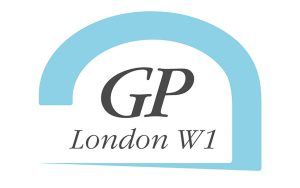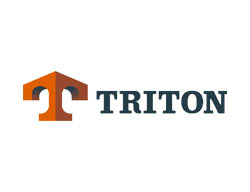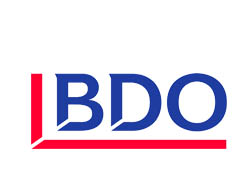Supporting mental health at work
At any time, one in six adults in the UK will be experiencing a mental health condition – ranging from anxiety and stress to medically diagnosed conditions such as depression.
Occupational health focuses on how work and the work environment impact employees’ health, both physical and mental and how this can negatively affect their ability to do their job. GP London’s Dr Caroline Wall explains how often simple workplace adjustments can facilitate job retention and return to work.
We’re seeing a lot of patients absent from work with anxiety and depression currently. One of the take-home points of the occupational health diploma is that it’s better to be in work than out of work from a mental health perspective. Our role is to managing return to work without causing a worsening of their symptoms.
The first step is an assessment, either face-to-face or on Zoom, with the with the employee. We discuss what they feel they could manage. We then must offset that with what the employer wants which is usually for them to return to full-time work as soon as possible. But often a phased return is more likely to succeed than jumping back into full-time work.
This can mean rest days in between to help people ease in, particularly if they’ve had a long time off. We might look at reduced working hours initially to avoid traveling at peak times, which can be a big trigger particularly for those suffering from anxiety. Another option is working from home which can mean avoiding many of the stressors within the office environment.
Recently, there’s been much media attention on the explosion in adult ADHD diagnoses – recent research indicated a 20-fold increase in adult diagnoses and nearly 50-fold increase for men aged between 18 and 29.
Men and women who have developed coping strategies to ‘mask’ ADHD in their earlier years, often find it becomes problematic in the workplace, so we create strategies for them to cope. These adjustments can be software changes that help make screens more readable, providing quiet space where interruptions are minimised and frequent work or movement breaks throughout the day so they can manage their symptoms.
We are not acting as their GP but if they are experiencing certain symptoms or difficulties in the workplace, we can signpost them to the right places, either via their NHS GP or, if they have insurance, there are psychologists we can refer them to for a formal ADHD assessment.
Dyslexia is another issue that can be addressed with workplace adjustments such as dictation or note-taking software. Often, they’re relatively inexpensive, but can make quite a significant difference.
Burnout: an ‘occupational phenomenon’
Burnout is an issue we’re increasingly seeing, and over the last 12 months we’ve seen several employees signed off with burnout due to the chronic workplace stress that has not been successfully managed. Although not formally classified as a medical condition, it is now recognised as an ‘occupational phenomenon’ and is characterised as:
- feelings of energy depletion or exhaustion
- increased mental distance from one’s job, or feelings of negativism or cynicism related to one’s job
- reduced professional efficacy
The value of early intervention in occupational health
Early intervention would be best but often we get referrals when an employee has already been signed off work and we’re trying to manage their return to work after a period of absence. However, if we were able to intervene at the first signs that an employee is struggling, it may be possible to keep them happy, healthy and productive and reduce absenteeism.
Please call +44 (0)20 4580 1152 to discuss our Occupational Health Services.











